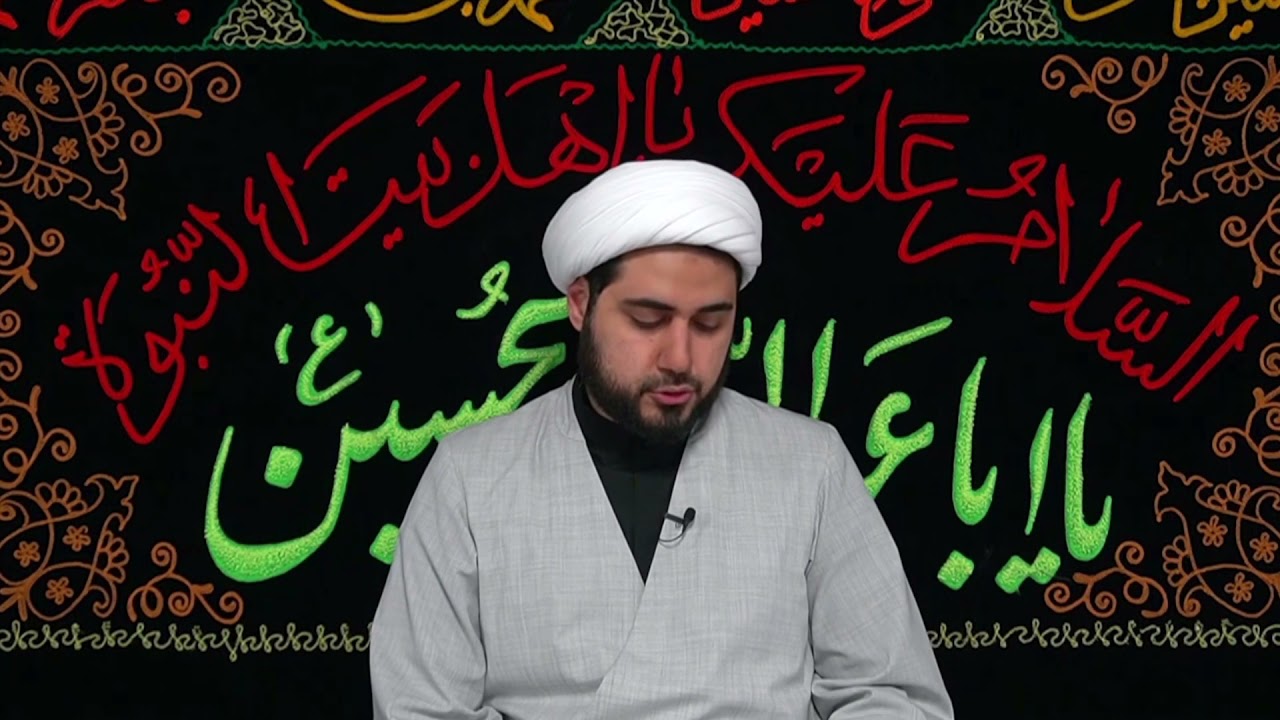Does Punishment Come From God Or From Our Deeds? - 30 Verses For 30 Days 30/30
Salamun alaykum dear brothers and sisters, and welcome to the 30th Tasir clip of this month of Ramadan. InshaAllah in this clip, we are going to delve into verses from Surat ut-Takwir and the beginning verses of Surah to Takwuir, are verses that describe for us some of the incidents and some of the events that will take place when Qiyama and the Day of Judgment is going to begin. And so the events are very grand. They are very great, very much in big dimensions really.
And the Qur'an describes to us what will happen to the sun and what will happen to the stars. For example, "Wa idha al-jibalu suyyrat" (81:3), when the mountains are removed, these mountains that we see as places of stability. And the Qur'an continues to describe all of this. For ten or eleven verses, Allah Subhana wa Ta'ala describes what happens on the Day of Judgment, but then He does all of this to get to this one line. And that one line is what I want to really focus on.
After ten or eleven verses, Allah Subhana wa Ta'ala says or more rather 13: "'Alimat nafsun ma ahdharat" (81:14), on that day, every soul will know what it has brought to the Day of Judgment. So what the verses of the Qur'an are telling us here is that the deeds of every person are going to show up on that Day. But beautifully the Qur'an is telling us that the deed itself will show up on that Day. Normally, the understanding that we have when it comes to reward and punishment of the Day of Judgment is that we do something good, Allah Subhana wa Ta'ala likes us and therefore He rewards us.
I might do something wrong. Allah Subhana wa Ta'ala becomes upset with me, then He punishes us. This is not the way that Qur'an teaches us about the Day of Judgment. The Qur'an on multiple occasions say your deeds will show up on that Day. Which means that reward and punishment is a direct coincidence or a direct consequence rather, of my deed. My deed itself will show up on that Day.
Yes, that is why we reside in Surat Aal-'Imran: "Yawma tajidu kullu nafsin ... ma 'amilat muhdara" (3:30), the Day where everyone sees what they have done to be present. And this is very important because many of us asked this question many times. If Allah Subhana wa Ta'ala is so Merciful, how is it that He punishes all these people on the Day of Judgment? The reality is that Allah Subhana wa Ta'ala only removes the barrier between the deeds of a person and another person, so that person sees the reality of what they have done and the reality of what they have done to their own soul.
And therefore, that is the punishment of Hellfire. That does not mean that the punishment of Hellfire is not a real thing. No, it is in fact a very real thing. It's not a metaphor that the Qur'an is telling us about. But the key point here is as this verse is saying: "'Alimat nafsun ma ahdharat" (81:14) every soul will know what they have brought to the Day of Judgment.
Meaning that reward and punishment is tied to that deed itself. Not that Allah Subhana wa Ta'ala likes someone or, for example, is upset with someone and He punishes that person on His own. No, Allah Subhana wa Ta'ala simply shows this person the spiritual reality of their sins. Amongst that spiritual reality of their sins is going to be so many of these punishments that we hear about or read about in the verses of the Qur'an.
That's why in Surat un-Nisa' Allah Subhana wa Ta'ala says about those who steal the wealth of the orphans: "inna ma yakuluna fi butunihim nara" (4:10), they, when they take money away from the orphans, they are in reality putting fire into their bellies. The only thing is they don't see the spiritual reality right now. On the Day of Judgment, We will remove the barrier and they will see what type of deeds that they were doing.






























